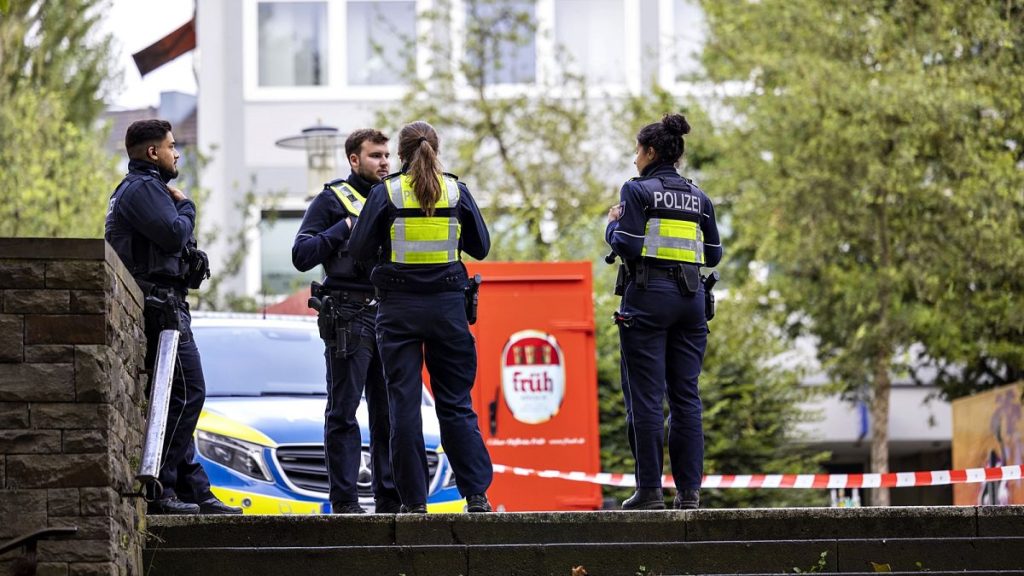The Schengen Area is facing the threat of additional border controls following a deadly knife attack in Solingen, Germany. The European Commission is grappling with the delicate balance between national security, which member states prioritize, and the preservation of the Schengen Area, a passport-free zone of 450 million citizens. While eight Schengen countries currently conduct checks, any border control measures should be proportionate and strictly limited in time, only implemented in response to a serious threat to public policy or internal security. The recent knife attack in Solingen, carried out by a Syrian national whose asylum application had been rejected, has reignited the debate on migration in Germany and highlighted the challenges of deportation.
The failure to deport the perpetrator of the Solingen attack has led to political controversy in Germany, with calls for a moratorium on admitting Syrian and Afghan refugees and permanent checks at German borders. Chancellor German Scholz has pledged to speed up deportations, emphasizing the need to ensure that those who cannot stay in Germany are repatriated. However, the issue of irregular migration remains complex due to factors such as a lack of cooperation from countries of origin. The focus on repatriation and deportation has prompted strong reactions from right-wing politicians, who are demanding drastic measures to curb irregular migration and enhance border security.
The European Commission, however, has emphasized its commitment to implementing the New Pact for Migration and Asylum reform, which aims to streamline the asylum and return processes and enhance Frontex’s support for successful deportations. The Pact envisions improved cooperation between member states, ensuring a coordinated approach to asylum procedures and return decisions. While the EU’s return rate currently stands at around 30%, challenges remain in terms of repatriating migrants to countries where their safety and human rights are at risk. Debates on repatriating migrants to certain parts of Syria have also highlighted the complexities of the issue.
The New Pact includes provisions for establishing an EU-wide list of “safe countries of origin” to facilitate the recognition of deportation orders across the bloc. However, the lack of consensus among member states on which countries should be considered safe poses a significant challenge. NGOs have raised concerns about the concept of safe countries, arguing that minority groups can still face persecution in war-free nations. Despite these challenges, the issue of safe countries is expected to remain a key focus, with efforts to develop a common approach to returns across Europe. Commission President Ursula von der Leyen has pledged to work towards mutual recognition of return decisions among EU member states, highlighting the importance of addressing migration issues in a coordinated manner.


